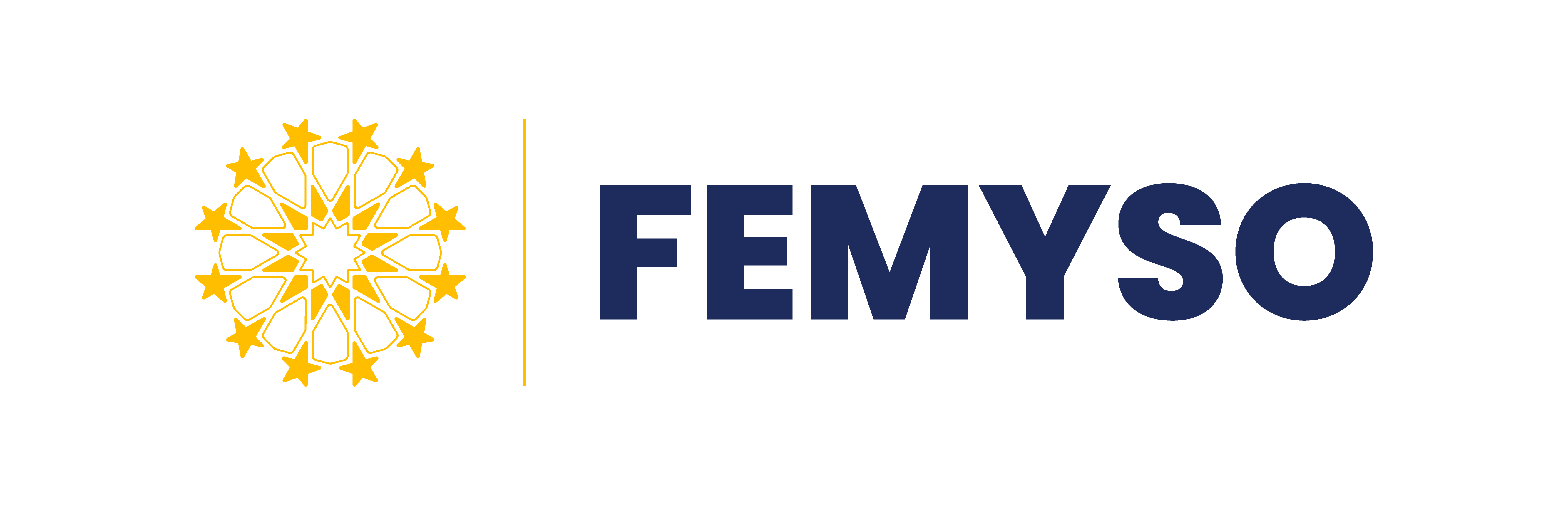When it comes to elections, we often wonder why we should vote, to what extent a piece of paper will have an impact in this big matrix. At the European level, the answers to those questions seem more blurred. With the European Elections coming up, here are five reasons why you should vote on May 23-26!
1° To build your future
If your country is a part of the European Union, then all decisions taken by the European Parliament will have a direct impact on your daily life. Therefore, we better have an idea of what we want and do not want so that we can build the future we imagine and to do so, voting is the key. We are part of this incredible organization that is the European Union. We can go where ever we want, we can study abroad and we are united by common values. So let us shape the Europe that we want!
2° To have a voice
We know that representation matters and when it comes to building our future, we should pay attention who we are voting for, which party is going to highlight our issues and make our voice heard when it comes to voting to laws and directives. How can we be part of the future of Europe if no one will represent us? Being heard is crucial and can sometimes be hard, but when we vote, we participate in a common project of building the Europe that we want. In this way, we have the chance to be listened and we have the duty to use this chance properly.
3°Fight discriminations and hate speech
When we see that the Christchurch terrorist was strongly influenced by visiting Europe, we can seriously question the European roots of this massacre and the spread of hate speech in Europe. Hate speech represents one of the biggest threats to our unity and social cohesion. Letting hate speech promoters take on the European Parliament is failing ourselves and failing all victims of hate speech across the world. We need to work altogether against this common enemy before it becomes so powerful that it can destroy the Europe that we love.
4° We are the Youth
All revolutions and big changes in history started with the youth: we are the youth that represent the Europe of tomorrow and it is only with our commitment that we can create a more diverse and inclusive Europe. When we are young, we often pay attention to the politics inside our country more than the European policies even if we know that those European policies have a strong impact on our country. Therefore, we should take part in the discussions and be represented at European level. This is why this time we are voting.
5° Our planet needs us
Climate change is a serious, concrete and factual challenge that the entire world has to face. We only have one planet and it is only at continental and global level that we may take concrete actions to restrain and then remove the use of fossil energies, deforestation, plastic, food waste, the use of harmful pesticides and this cannot be done if we do not vote for the right people.
#MyVoteMyChoice
#ThisTimeImVoting

about the author | Hassiba KECHICHE
Hassiba Kechiche is a Masters’ degree student in International Management in Lille, France. Hassiba was Board Member of Etudiants Musulmans de France and is currently the Head of Media at the Forum of European Muslim Youth and Student Organisations (FEMYSO).


